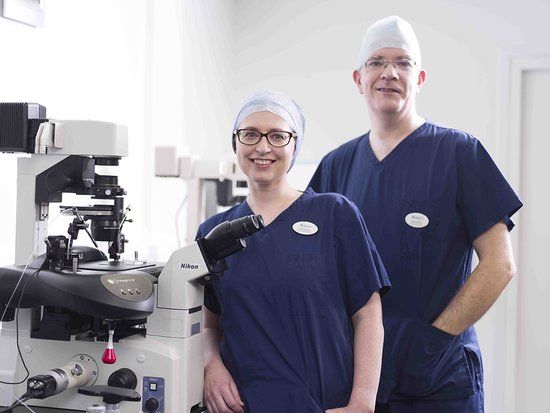A new screening method could help embryologists identify which embryos to choose for transfer in IVF, increasing success rates for infertility treatment and lowering costs for patients.
The new technique, developed by researchers at Oxford University, works by analysing the embryos to ensure the correct numbers of chromosomes are present.
Utilising the latest advances in the world of sequencing the human genome, the test can reveal within 24 hours which embryos have the right number of chromosomes, along with other biological information about each embryo, and are therefore most likely to successfully implant and develop into babies.
Whilst some fertility clinics do already offer a form of screening, it can be expensive and add thousands to the cost of an IVF cycle – limiting access for people who need IVF to have a baby but can’t afford the additional cost.
But the new test is significantly cheaper at around two-thirds of the cost of existing screening techniques – ensuring that more people can benefit from the latest advances in IVF methods.
Abnormalities within embryos is a common reason why some IVF cycles fail, and figures show that it’s an increasing problem the older you are when you undergo treatment – related to a decline in egg quality.
So it’s fantastic news that this method has already resulted in the birth of a baby boy, and a further pregnancy – which will be announced at a forthcoming fertility conference.
Researchers however have cautioned that large-scale trials are now needed to fully test this new technique across different patient groups, but although it’s early days any advance in boosting embryo selection technique is to be welcomed and could one day become a routine part of IVF and infertility treatment.
At Manchester Fertility our expert embryology team select your embryo based on various methods of identifying those of the best quality, and remember that we also don’t charge for blastocyst transfers – when your embryo is allowed to develop for longer in our laboratory before transfer.
Last updated: 10th July 2013





